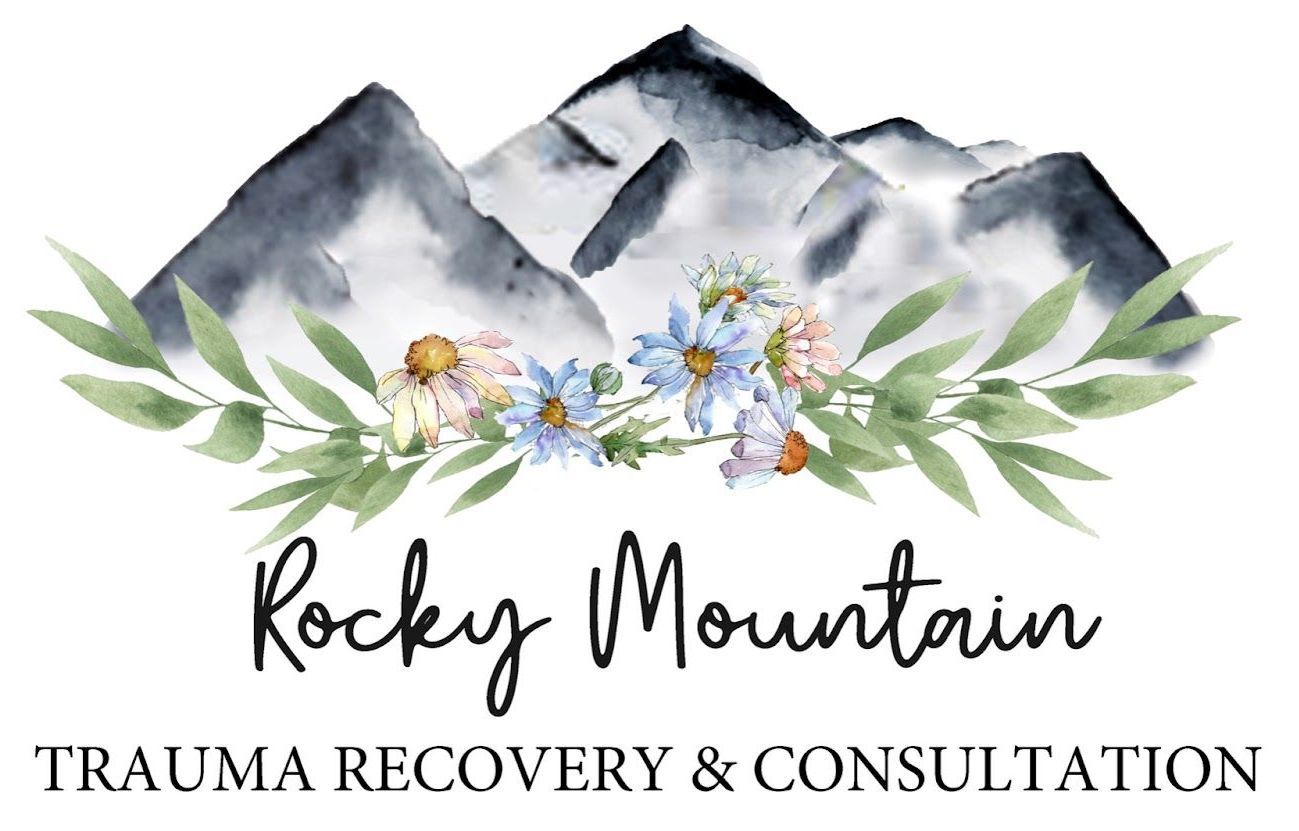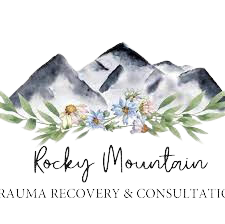PTSD Treatment
Nestled in Utah County, Rocky Mountain Trauma Recovery & Consultation stands as a beacon of hope for those dealing with emotional and psychological issues. Among the conditions we treat, Post-Traumatic Stress Disorder (PTSD) is an area in which we excel. Living with PTSD can be overwhelmingly challenging, but with expert assistance, recovery is not just possible; it's within your reach.
PTSD is a mental health condition that often develops after experiencing or witnessing a traumatic event. Symptoms can range from flashbacks, bad dreams, and severe anxiety to emotional numbness and avoidance of places or activities that remind you of the trauma. While PTSD can affect anyone, it requires specialized treatment for effective management and recovery.
Our skilled therapists employ a variety of scientifically-backed treatments to address PTSD. One of our areas of expertise is Eye Movement Desensitization and Reprocessing (EMDR), a proven method for treating trauma. Therapists like Jennifer Sorensen, MA, LCMHC, and a Certified EMDR Therapist, offer tailored treatment plans designed to alleviate your symptoms and help you regain a sense of control. Our care is personalized, aiming to address the unique challenges you face in your path toward healing.
Residents of Utah County have found solace and renewed purpose through our treatment programs. Without divulging specifics, it's common for our clients to report significant improvements in their symptoms and overall well-being. The compassionate and effective care from our therapists often results in life-changing transformations for those grappling with PTSD.
Don’t let PTSD control your life any longer. If you or a loved one is struggling, it’s time to seek professional assistance. Reach out to us today for a consultation and take the first steps in your path to recovery with Rocky Mountain Trauma Recovery & Consultation.
FAQ
-
What are the most effective treatments for PTSD?
Evidence-based treatments for PTSD include Eye Movement Desensitization and Reprocessing (EMDR), Cognitive Behavioral Therapy (CBT), and Prolonged Exposure Therapy. Medications such as SSRIs may also be prescribed.
-
How long does it take for treatment to show results?
Treatment effectiveness varies from person to person. Some may experience relief within a few weeks, while others might require a longer period of consistent therapy to notice significant improvements.
-
Can PTSD be completely cured?
While the goal of PTSD treatment is usually to manage and alleviate symptoms, a complete "cure" may not be possible for everyone. However, many people do experience significant improvement and go on to lead fulfilling lives.
-
Can lifestyle changes assist in PTSD treatment?
Yes, lifestyle factors such as exercise, sleep, and diet can play a supportive role in PTSD treatment. Stress management techniques can also be beneficial.
-
What's the difference between PTSD and Acute Stress Disorder?
Acute Stress Disorder (ASD) occurs immediately following a traumatic event and lasts for up to four weeks. PTSD is diagnosed when symptoms persist for more than a month and significantly impact daily functioning.
Connect with Us and Start Your Journey to Wellness
Contact Us
We will get back to you as soon as possible.
Please try again later.










